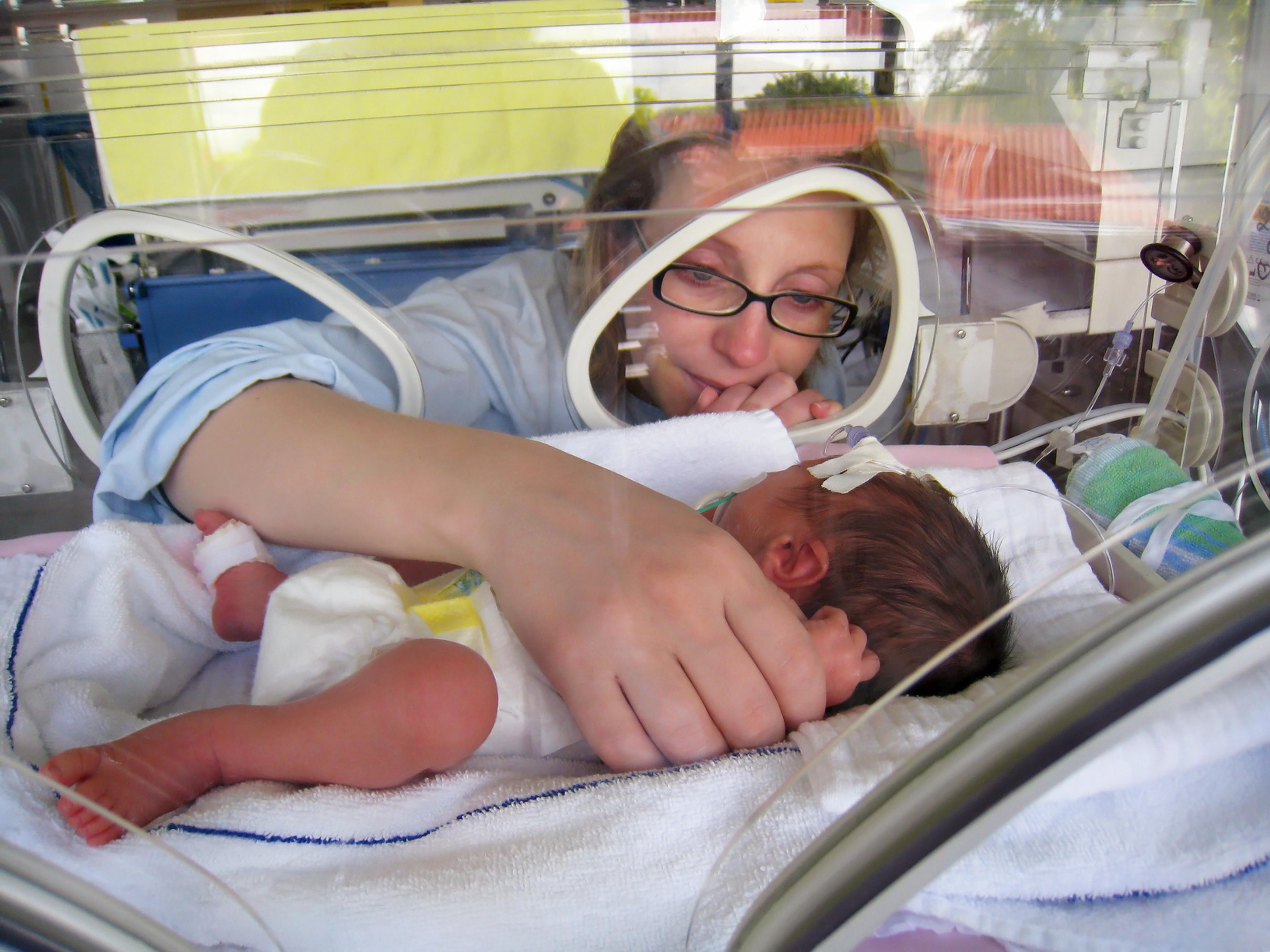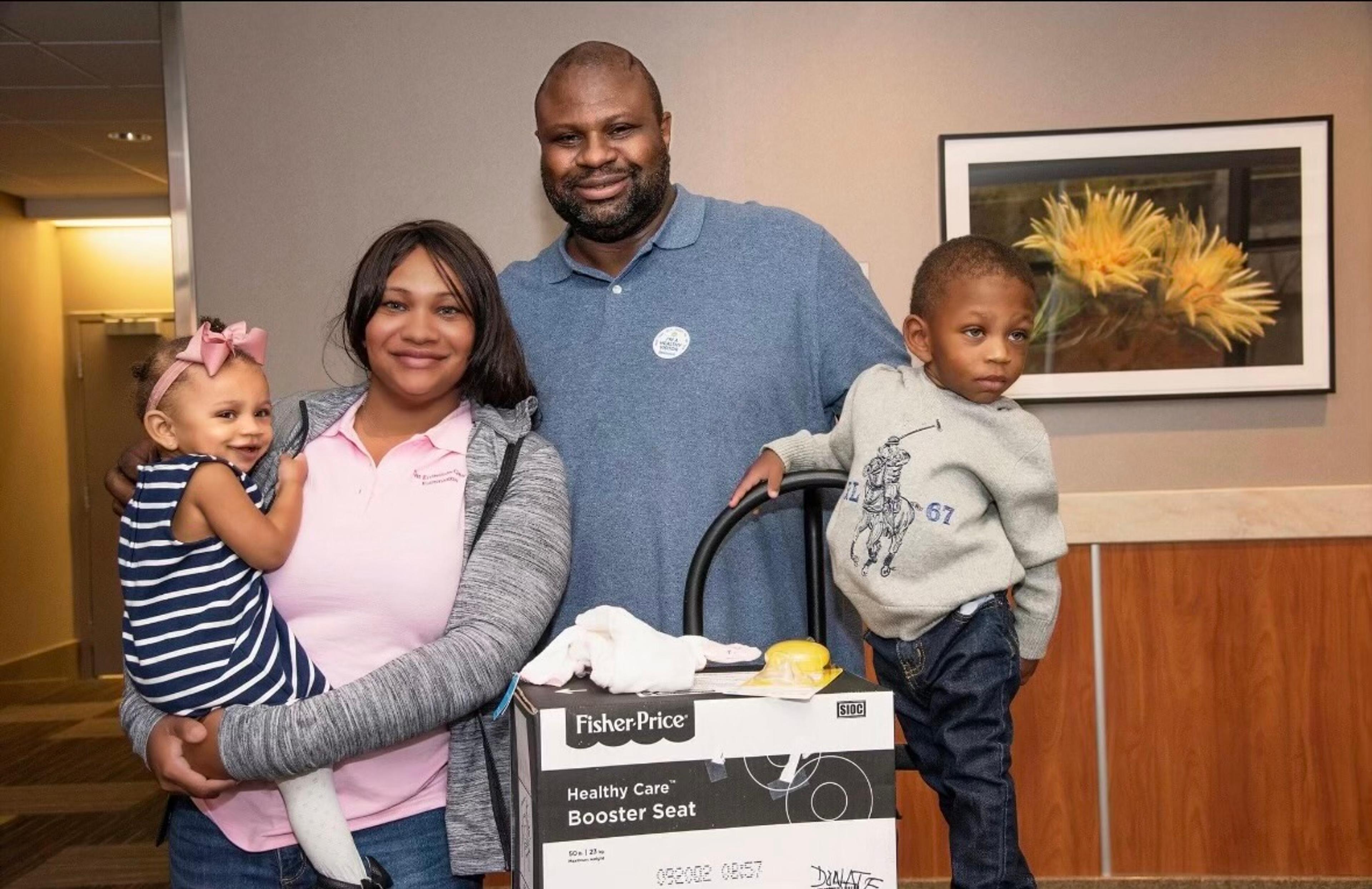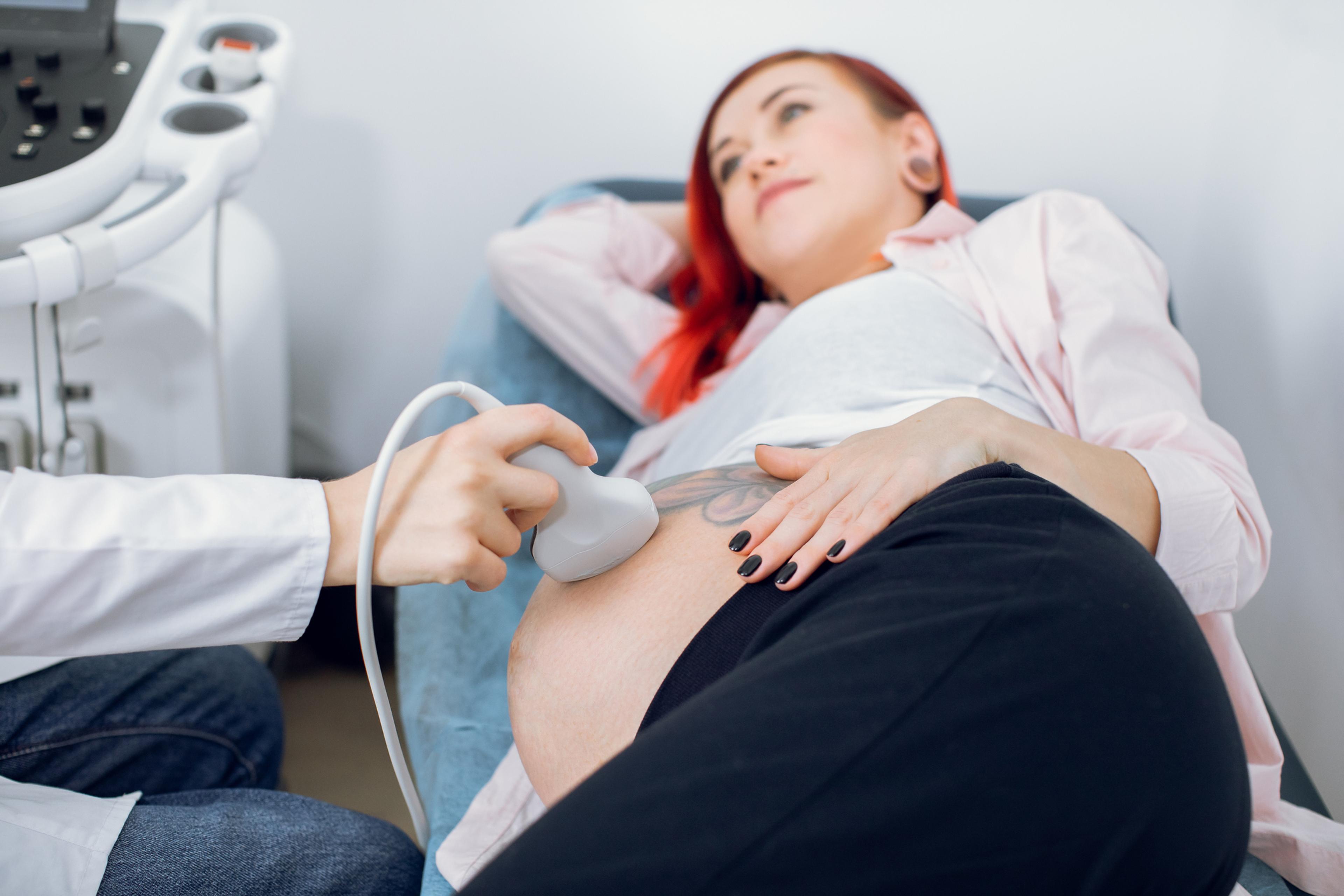
A gestational diabetes test – also known as a glucose screening test or glucose challenge test – is done during pregnancy to screen for gestational diabetes. This is a specific type of diabetes that pregnant women who have never had a diagnosis of diabetes can develop.
The test involves two steps: First, you drink a sugary solution. Then, an hour later, your blood will be drawn to check the glucose levels in it. Test results indicate whether you might have gestational diabetes. A normal result is 140 mg/dL or lower. If your level is higher than 140 mg/dL, you may need to return for a three-hour oral glucose tolerance test after preparation and fasting.
Screening is generally recommended during the second trimester, between 24 and 28 weeks of pregnancy. If you’re at higher risk of gestational diabetes, you may be tested sooner. Getting tested is important because, if necessary, it allows you to begin management of your diet, weight gain and close monitoring throughout the third trimester of pregnancy to protect your health and the health of your baby.
What to eat before your pregnancy glucose test/gestational diabetes test
Your provider should provide specific eating instructions before your test. Fasting prior to the one-hour test is not required, so eating a breakfast rich in the recommended food groups below a couple of hours before testing is normally fine.
It’s a good idea to eat nutrient-dense foods made up of complex carbohydrates and fiber. Foods like these gradually enter your bloodstream and take longer for your body to digest, so the risk for a blood-sugar spike is lowered. Examples include:
- Fresh fruit, like berries, apples and watermelon.
- Lean meats, such as fish and poultry.
- Legumes, like chickpeas, black beans, kidney beans and lentils.
- Nuts and nut butters, like almond butter, flaxseeds, sunflower seeds and walnuts.
- Vegetables, including non-starchy veggies like broccoli, tomatoes, cucumbers and leafy greens.
- Whole grains, like oats/oatmeal, quinoa, whole-grain brown rice and whole-grain wheat bread.
Snacks that are high in protein, low in fat and low in sugar can be mixed in, as well. This can include unsweetened Greek yogurt mixed with fruit and scrambled eggs with a side of whole-wheat toast. Sliced avocado over whole-wheat toast works, too.
Foods and drinks to avoid
Processed foods and foods high in refined carbohydrates and sugars should not be eaten before your gestational diabetes test. Below are some examples.
- Candies and junk food, like potato chips.
- Cake and pastries, including cookies, cupcakes, donuts and muffins.
- Refined grains, like white bagels, white bread and white rice.
- Sugary breakfast cereals
- Sugary drinks, such as fruit juices, sodas, sweet teas, sports drinks and flavored or sugary coffees.
Always be sure to follow your provider’s recommendations when preparing for a test. They can provide more particular guidelines based on your specific health profile.
Photo credit: Getty Images





